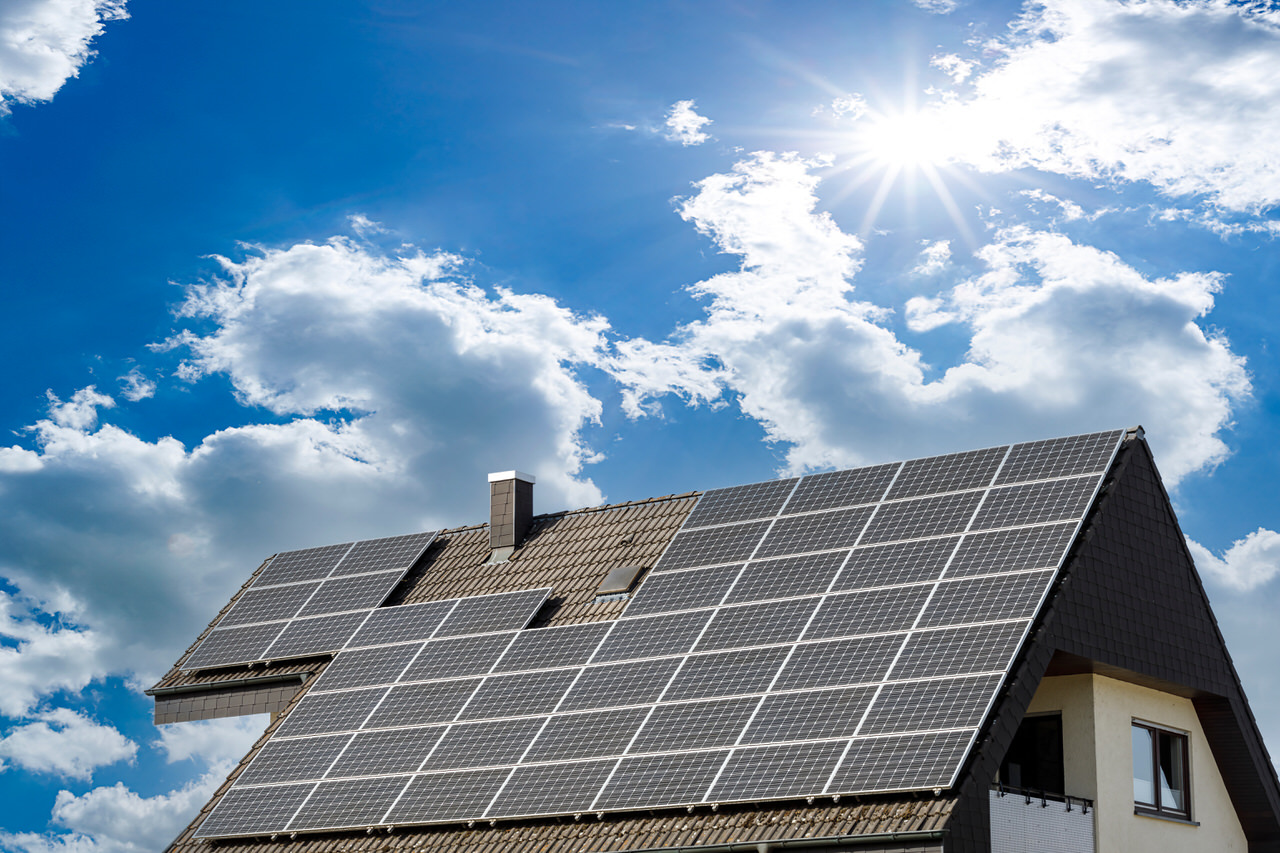Have you been thinking about switching to solar-powered energy? Solar panel systems can offer numerous benefits, but they’re also a significant investment. It’s important to know what you are getting into before making the switch.
Use the questions below to determine if solar is right for you and to choose the right solar company for your system.
1. Do the financial benefits outweigh the costs?
Saving on your power bill is one of solar’s biggest draws. Before you can cut back on your costs, however, you have to pay for the system you’re installing.
The average cost for solar panels ranges from $11,144 to $14,696 in the U.S. That’s a large investment for anyone, especially if you choose to pay it all upfront.
As you research solar panel systems, keep track of the various costs and savings involved, including:
- Your current energy costs
- How much you can expect to save annually on power expenses
- The total cost of installing solar panels
- Any rebates or savings you can qualify for
These numbers can help you understand the real financial benefits of going solar. If your power costs aren’t very high, for example, paying for an alternative energy source might not make sense.
Additionally, it takes about 12 years on average for your savings to offset the initial investment. You can only enjoy the full benefits of your solar panel system if you plan to stay in your home beyond that milestone.
Financing is another factor to consider. You can finance your solar panel system to minimize your upfront costs, but doing so will increase your long-term costs. Be sure to factor in the interest costs that come with financing. You should also explore multiple options to find the best deal.
Solar may be the best long-term energy option for your home, but it’s important to understand the full cost before making the switch.
2. Will I qualify for any rebates or incentives?
Homeowners who install solar panels can qualify for incentives and rebates that lower their overall costs. The federal government, for instance, offers a solar tax credit to taxpayers. Moving forward, you can receive 30% of the cost of installing your system as a tax credit on your federal tax return.
And that’s not the only way to save.
Texans may qualify for a property tax exemption, as well as rebates from local utility companies. Solar buyback plans are another potential option. With these plans, you allow the power company to use any excess energy that your solar panels produce. In return, you receive credits that lower your electricity bill.
3. Is solar the right choice for my home?
Texas is a sunny state throughout the year, so many homes have plenty of access to the sunlight needed for a solar panel system. That said, your home’s design may not be ideal for solar panels.
Let’s say you live in an area with a lot of tall trees. The leaves and branches may block sunlight from reaching your roof, limiting the amount of energy your solar panels can produce. The same principle applies to large buildings that block the light.
Similarly, if your roof doesn’t face south, it won’t receive as much sunlight throughout the day. You would have to use more panels to generate the energy you need, driving up costs.
Before making any decisions, ask a solar panel expert to review your home. You may be able to place solar panels in your backyard rather than on the roof or use another similar alternative. They can help you determine if the cost of a solar panel system is worth the benefits.
4. Does my solar panel system come with warranties?
As mentioned above, it usually takes more than a decade to pay back the cost of installing solar panels. Your system should last at least that long, though it should ideally operate for much longer.
Check with each solar company to see if they offer warranties on their products. Even if they expect their panels to last for 25 years, the typical claim, a lot can happen during that span of time. If any of your panels need to be repaired or replaced, these expenses should be covered.
Some companies offer warranties on their installations and battery storage as well. You can read reviews to see how well they honor their warranties or if they leave customers dissatisfied.
5. How do I choose the right solar company?
You can find dozens of companies that offer solar panel systems. Choosing the right company starts with research. You’ll want to make sure that they are reputable, well-priced, and able to provide high-quality service.
Start by asking these questions as you search for a provider:
- How long has the company been in business?
- Do they have good reviews? What do their reviews say?
- Can they provide testimonials from past customers or the option to talk to homeowners who have used their services? If not, why?
You should always feel comfortable with the company you choose. If you feel like they have something to hide, you should probably look for another option.
Next, explore the specifics of each provider’s services and products. Ask:
- What do your services include? What do you offer warranties on?
- How long should my solar panel system last?
- How experienced are your installers?
- How do you handle maintenance needs and repairs?
- Can you show me the design you would use for my home?
Specifically, ask about the brand of solar panels each company uses. Do your own research to see what people say about these products. If you see bad reviews or can’t find any information about them, choose another solar panel company.
Once you’ve spoken to everyone, compare each company’s answers to see which is the best option. Pay attention to the experience you had with the company as well. This information can help you choose the right provider for your solar panel system.

